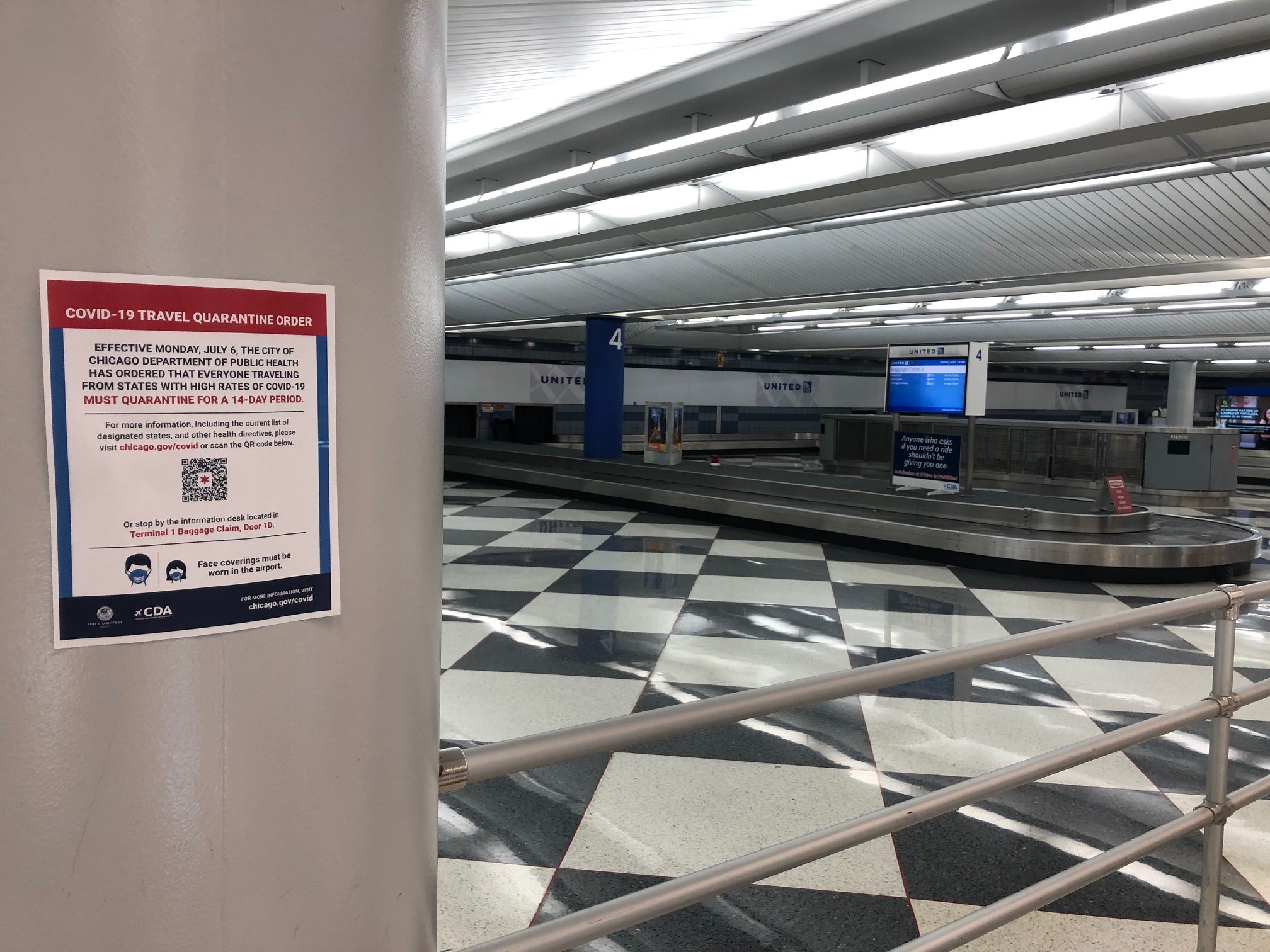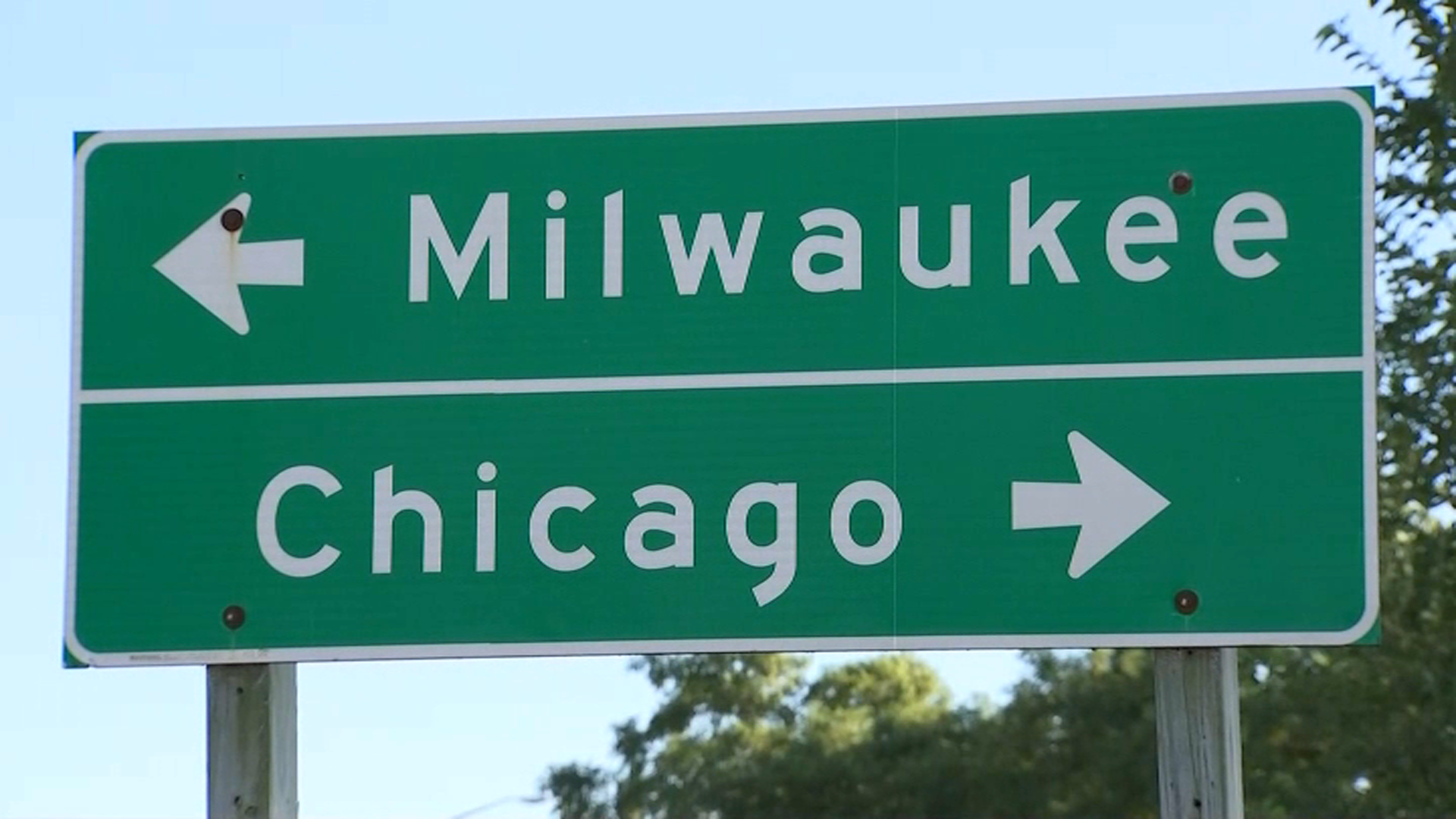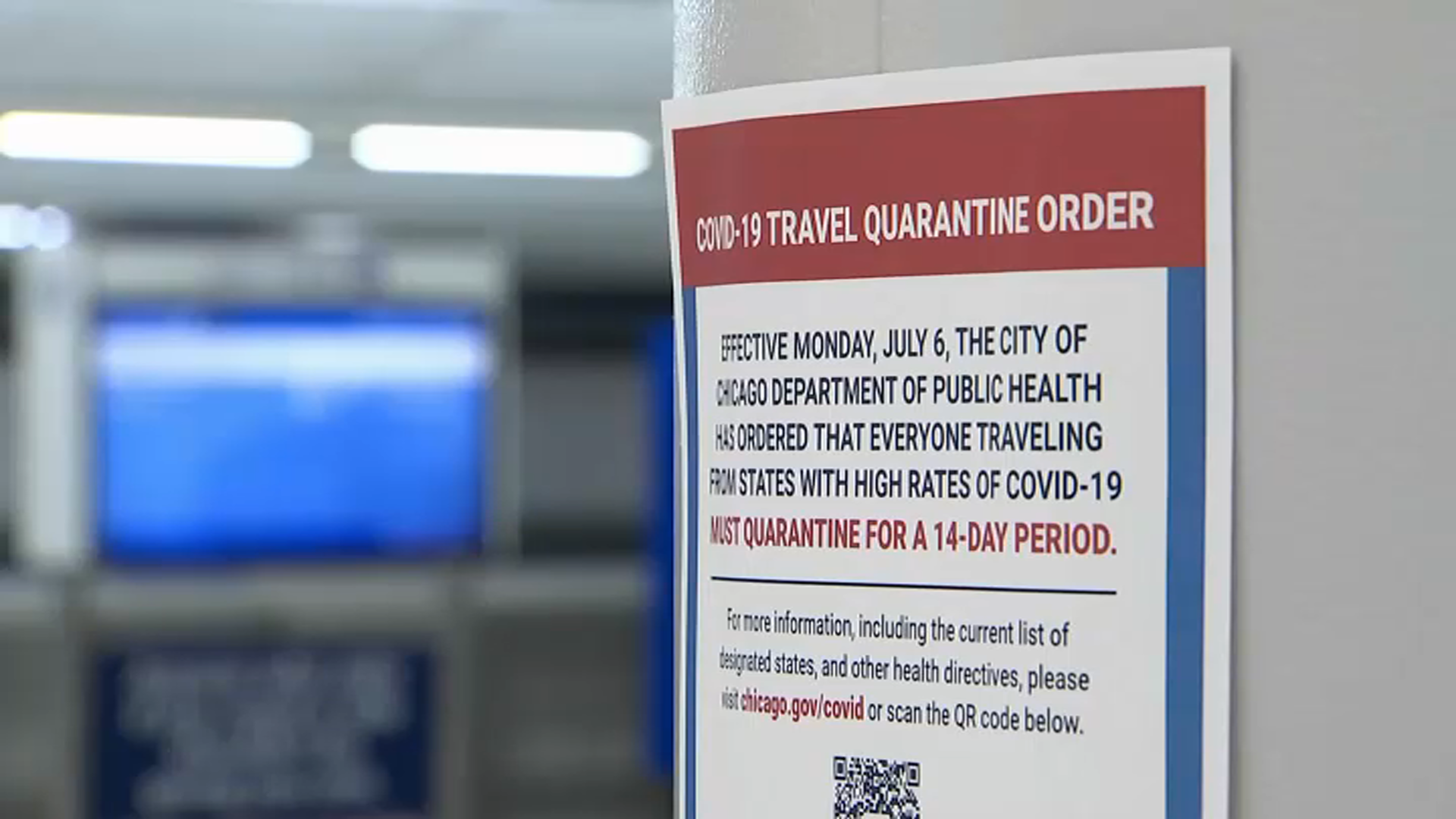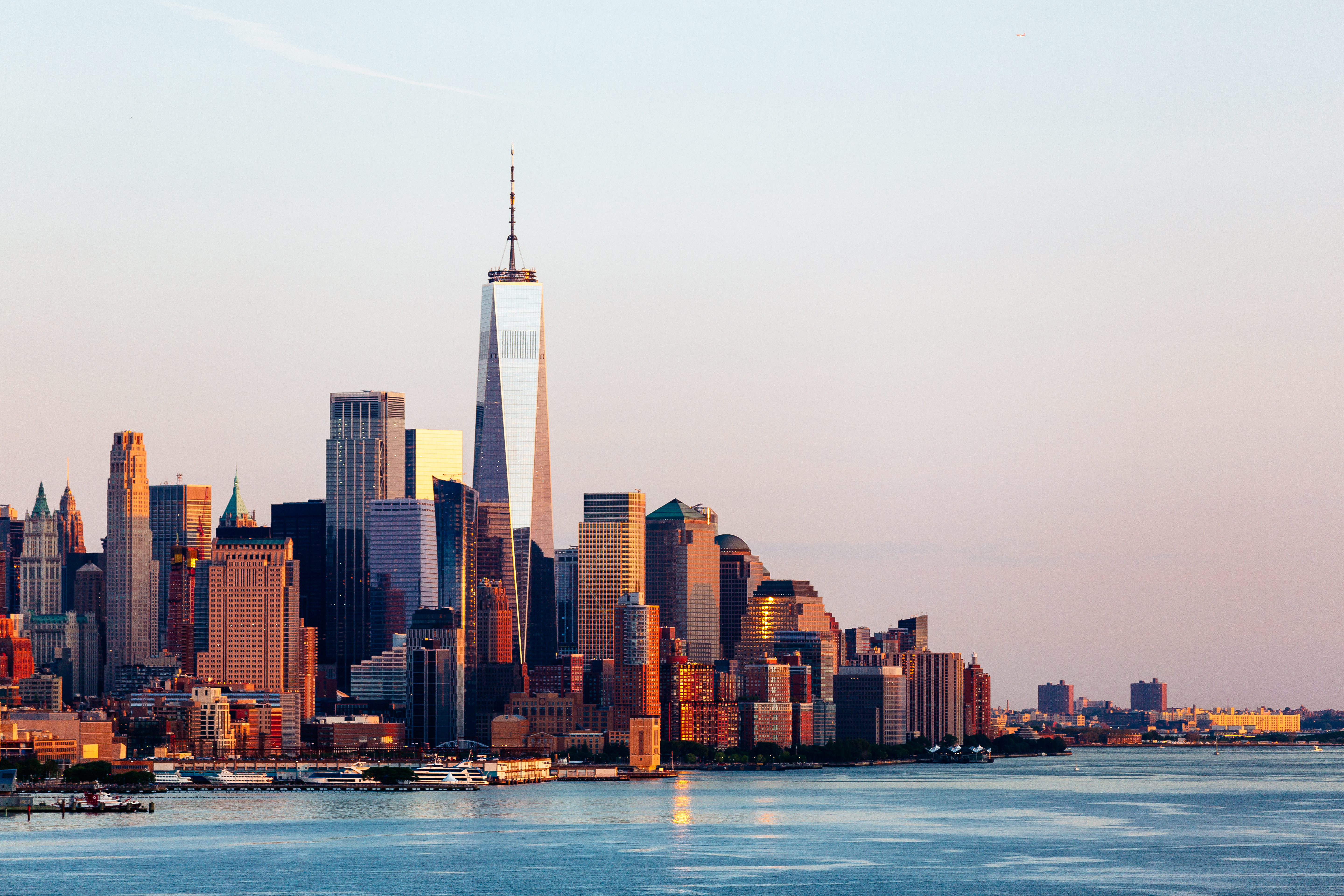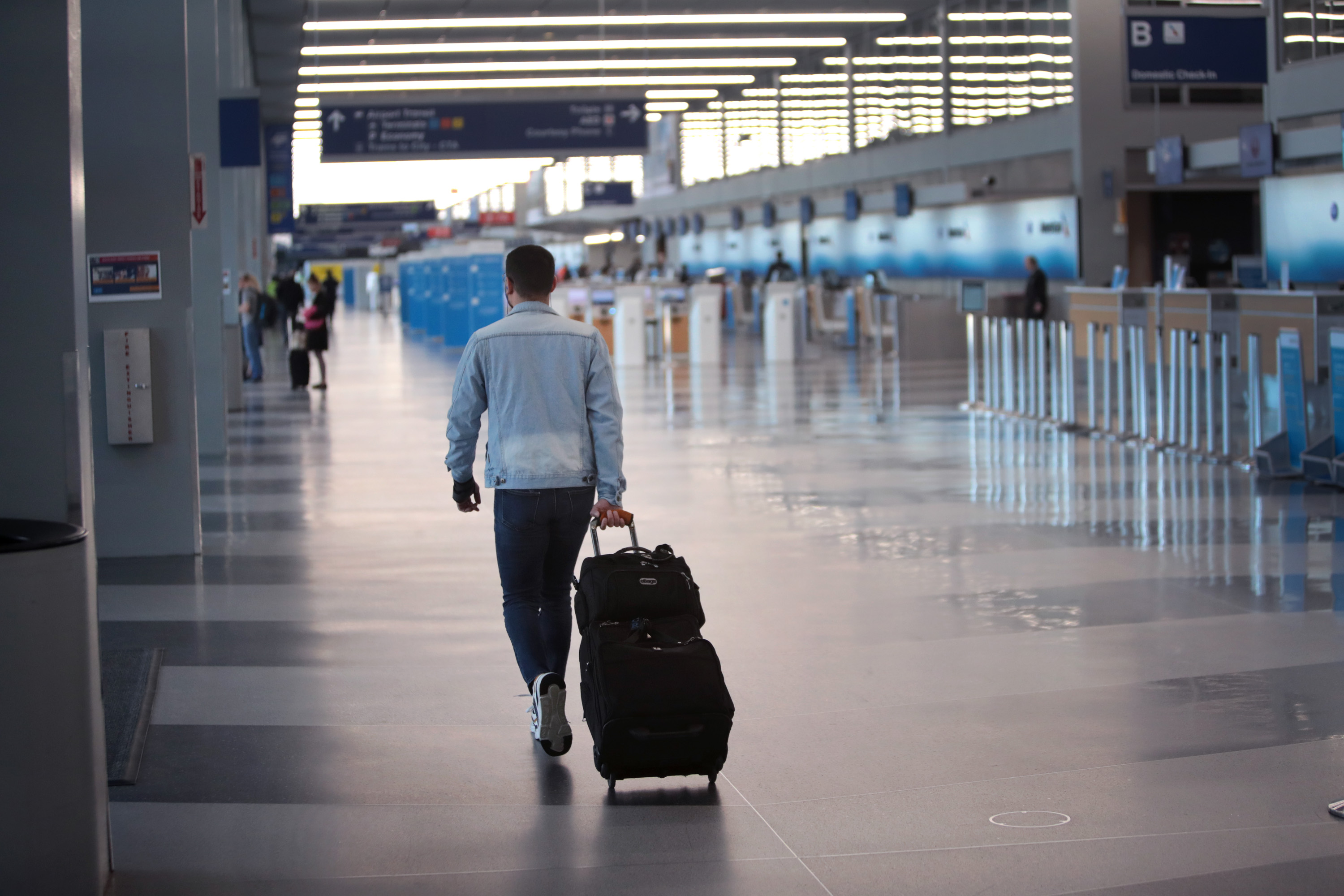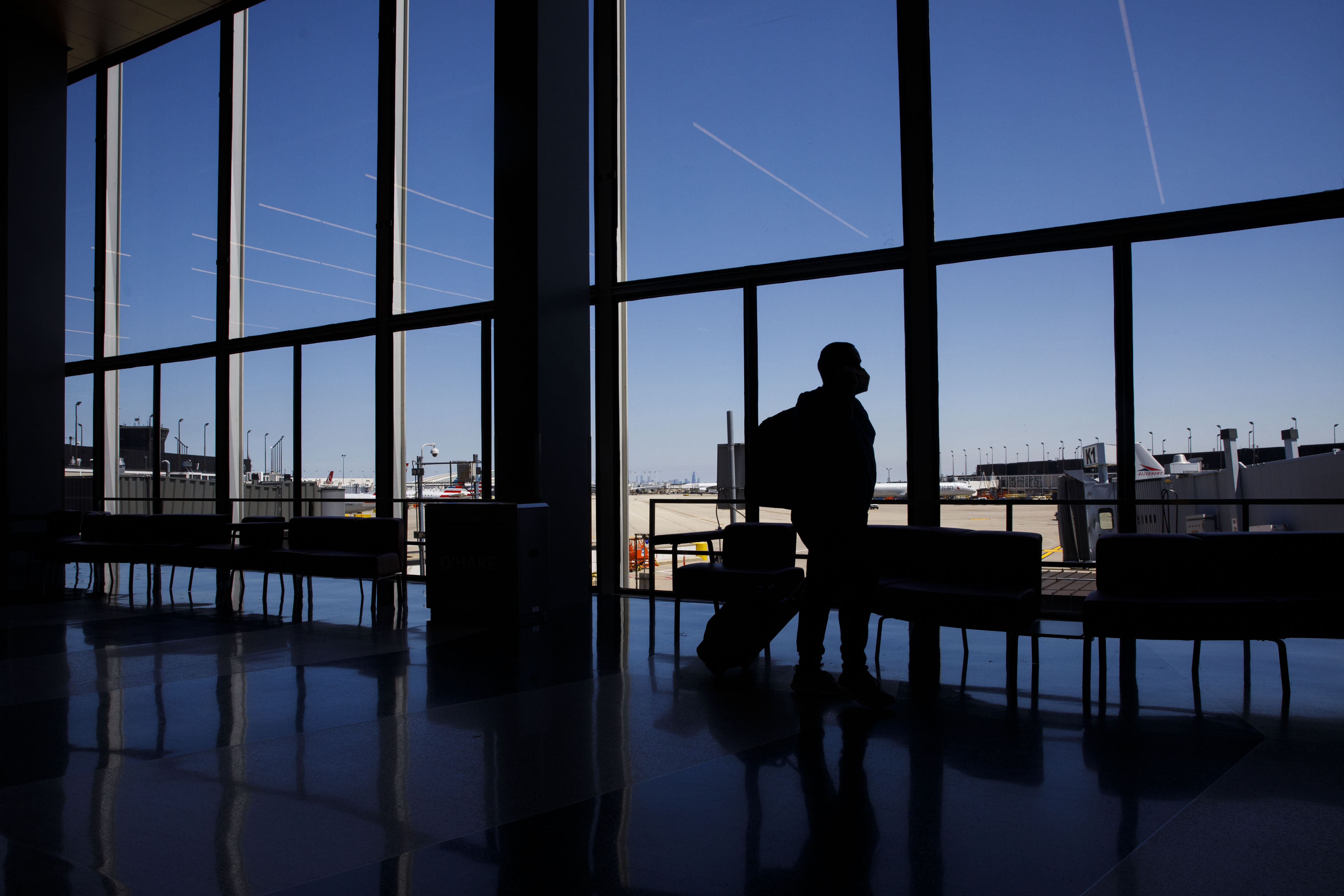Chicago health officials could check your social media if they believe you may have violated the city's travel order.
The city's top public health official said Tuesday that social media could be used as evidence to help enforce a quarantine requirement for anyone visiting or returning to the city from a list of states seeing a rise in coronavirus cases.
"One of the easiest ways to sort of get enough proof that there was the potential of a violated quarantine order without me having to send out an inspector or do any sort of more aggressive follow up to collect that is to look at social media," Chicago Department of Public Health Commissioner Dr. Allison Arwady said.
Those social media posts could be used as proof to give someone a citation, she added.
"They're in any of the states that violated our order and then a few days later, they're in Chicago, and they're clearly out in Chicago, not just back, but at a restaurant or at the Bean or whatever it may be, and they're posting about that - that's an example of where we could use that as proof to issue citations," Arwady said.
She noted that the city isn't necessarily monitoring the social media accounts of travelers, but will check them if they "identify someone of concern."
"I don't want to like overemphasize that we're somehow Big Brother in monitoring people's social accounts - we're absolutely not doing that," Arwady said. "But where we already have a concern, it's one of the easiest ways to identify people who are not just breaking the travel order but flaunting it publicly."
Chicago's travel order was updated once again Tuesday, with Puerto Rico now on the city's quarantine list.
Last week, the city added four new states to its order - Wisconsin, Missouri, North Dakota and Nebraska - bringing the total number of states the city requires travelers to quarantine from to 22.
The city's travel order is evaluated every Tuesday, with any additions taking effect the following Friday.
States are added to the list if they have "a case rate greater than 15 new COVID-19 cases per 100,000 resident population, per day, over a 7-day rolling average." If they fall below that threshold, they could be removed as well.
On Tuesday, the city's top public health official said three states - Iowa, Kansas and Utah - dropped below the threshold to be on the travel order, and could be removed next week if those numbers continue to decline.
Chicago's travel order first began on July 6.
The states included are: Alabama, Arkansas, Arizona, California, Florida, Georgia, Idaho, Iowa, Kansas, Louisiana, Mississippi, Missouri, Nebraska, Nevada, North Carolina, North Dakota, Oklahoma, South Carolina, Tennessee, Texas, Utah and Wisconsin.
Arwady said travelers entering or returning to Chicago from "states experiencing a surge in new COVID-19 cases" will need to quarantine "for a 14-day period from the time of last contact within the identified state." Essential workers could be exempt from the quarantine requirement, however, as long as their employer certifies their work in writing.
The order is set to remain in effect until further notice.
The move comes as states across the U.S. see surges of coronavirus cases, many shutting down bars and restaurants in an effort to quell or prevent a spike.
New cases have surged in several states across the nation, setting new records, driven mostly by expanding outbreaks in the American South and West.
New York and New Jersey are also asking visitors from several states from the Carolinas to California to quarantine themselves for two weeks.
Still, outside of Chicago, Illinois Gov. J.B. Pritzker said the state likely won't require residents who travel to and from neighboring states to quarantine for two weeks solely because of that travel.
"We don't live in a country where you close the borders between states," Pritzker said during the governor's coronavirus briefing. "And we're not going to stop people who live in Illinois and work in Wisconsin from doing so."

